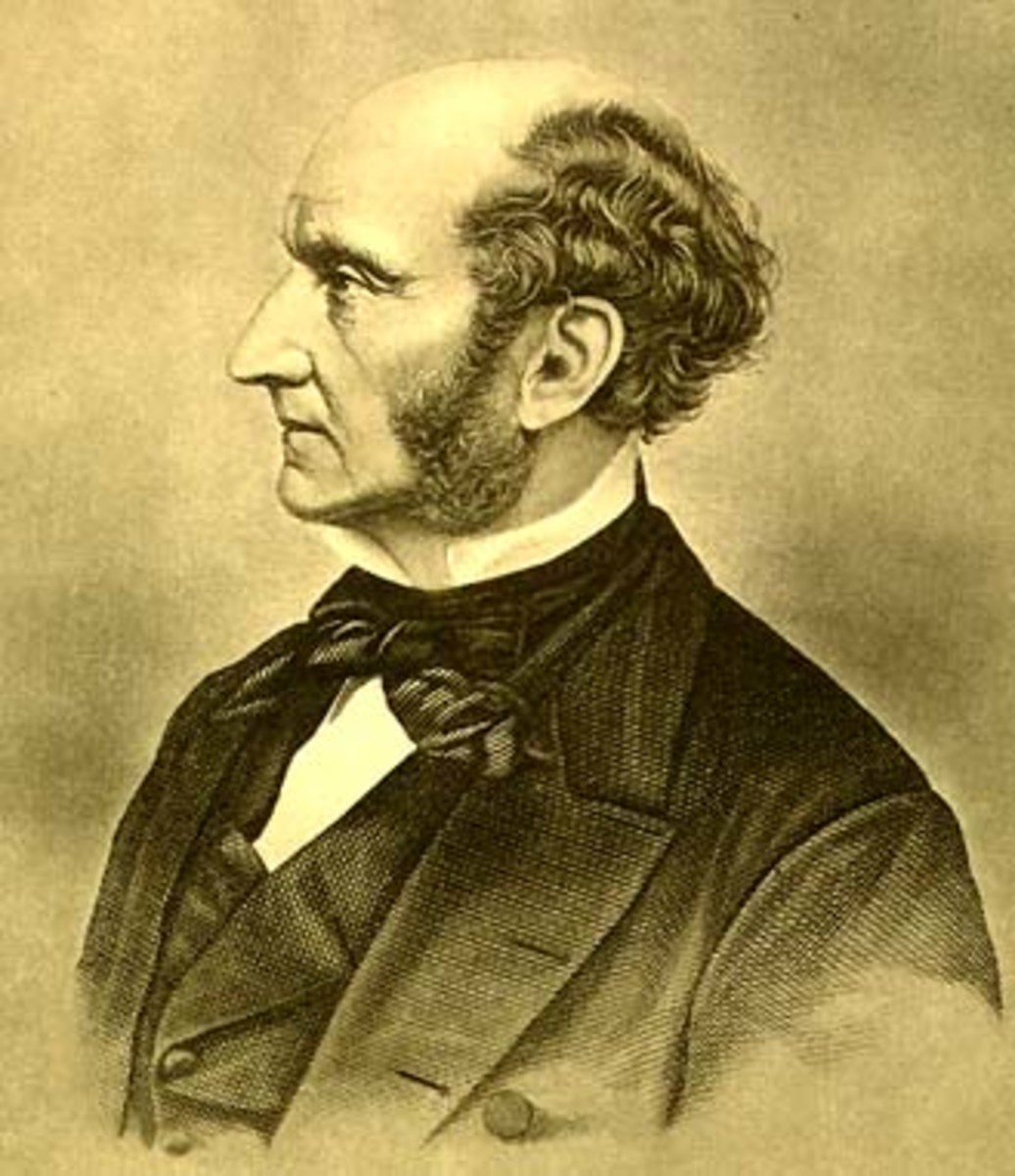Utilitarianism
Utilitarianism is an ethical theory based in the principle that in any moral situation, you should act in a way that will provide the greatest happiness for the greatest number of people. It is the most widely used ethical theory today. A majority of people today believe that the action that gives the most beneficial results to the most amount of people is best course of action to take.
There are different forms of Utilitarianism, but the main idea is the same. A Utilitarianist would base whether an action is morally good or not, depending on the results. I.E if someone acts in a way that has a beneficial effect to the majority, then it would be considered a good act, however, if someone acted in a way that disadvantaged people, then is would be considered morally bad. This is known as Act Utilitarianism, which was brought into effect by Bentham. He believed that everyone had an equal right to happiness, no matter what their situation may be. He said that the amount an action was worth was dependant on how long people’s happiness lasted, how much happiness it brought, how certain it was that you would get happiness and if it would create more happiness in the future. Bentham’s idea had the advantage that it gave equal rights to happiness, so would suit all people.
However, unlike Bentham, Mill came up with the idea of Rule Utilitarianism and thought that not all types of happiness were of an equal value. He thought that happiness could be easily lost by evil influences and that most people would go for transient happiness rather than eudemonia because it is easier to get, was immediate and doesn’t take as long to achieve. Mill also believed in Jesus’ teaching of self sacrifice, where he thought it was more important to sacrifice your happiness so as others can have it. He had two rules, Strong rule – which meant that the rule should never be broken under any circumstances, for example, do not commit murder because you don’t like them – and Weak rule – which meant, though the rule should be greatly valued and take into account, but under certain circumstances, the rule is allowed to be broken. For example, don’t lie, would be expectable to be broken if you were captured in war and tortured for information. You could lie, because if you told the truth, it might cause great pain and disaster. Mill’s theory had its advantages as well. Because self-sacrifice was already a widely known and accepted idea, especially among Christians, it was easy to get the point across.
Recently, Utilitarianism has gone in a new direction, which is preference and interest. This is where it is decided on what is the best action to be taken depending on the overall community, or the individual person involved; so whatever was in their best interest, would tell you which the right action to take was. This is why Utilitarianism is a known as the moral side of democracy, and goes in league with the political side. Hare brought in Preference Utilitarianism so as to achieve the best result and satisfy all parties involved, so if there were two different view points, both would be attempted to be met.
There are several advantages to following Utilitarianism, such as the fact that you don’t need any prior beliefs. You don’t have to follow religion to be a Utilitarianist and you are not required to believe in a God or just one. This means that it is an ethical theory that anyone can adopt. It is also based on clear principles and easy to understand what the goal of a Utiliatarianist would be, and thus it is widely accepted in the world, it would be easy to convince people that it is a fair theory because it is looking towards giving the majority of people the greatest happiness possible, which is what human beings search for in life, whether it be transient happiness or eudemonia.
Though Utilitarianism is a popular ethical theory, on which many people base their lives, it still has some weaknesses. Its most serious flaw being the fact that they base whether an action is morally just depending on the results. So even if someone tries to do something morally good, they could still be accused to of being morally bad because what they planned to happen did not turn out the way expected, but actually worse. For example a doctor comes up with a new vaccine to prevent people from getting a certain illness, but the vaccine does not work as expected and ends up hurting more people than saving. The result was obviously disastrous, but it doesn’t mean that the doctor was bad in his actions in trying to create a vaccine. The same problem arises on the opposite side. Someone might do something that is morally bad, but it doesn’t go as planned and actually has a good effect; according to Utilitarianism, this would be a morally good action. For example, a robber sneaks into a house at night, but the house catches fire and the family don’t know as they are asleep. While the robber escapes, he wakes the family in time for them to get out and save their lives. The result was good, but the action taken to get there was still morally wrong. This leads to its weakness of trying to derive and ought from an expected result. When we do an action, we can never be completely certain on the result it will have, which is why it is said you cannot derive an ought from an is, however, Utilitarianism seems to contradict that.
Another weakness in Utilitarianism is that although they say you should do what is morally right, there is no definition to exactly what morally right means, or what it is. People have different opinions on matters all over the world about what is good and what is bad, so how can it be said who is correct and who isn’t. There are also situations where there is no right or wrong answer to a give situation, so how can you act appropriately? Moral dilemmas only arise because there is a disagreement between the right course of action. Whether it be the values or religious beliefs between individuals or communities.
The main and overall problem with Utilitarianism, like with many different theories, is that it does not work adequately by itself. It needs other ethical theories to support it in order for it to work in the real world. Utilitarianism works in theory, but when put into practice, it is entirely different because there are so many variables that need to be accounted for, or contradict different statements.
Overall, though a widely used theory, it cannot be applied to all circumstances as it is practically impossible to make the same principles work for every singles situation.






